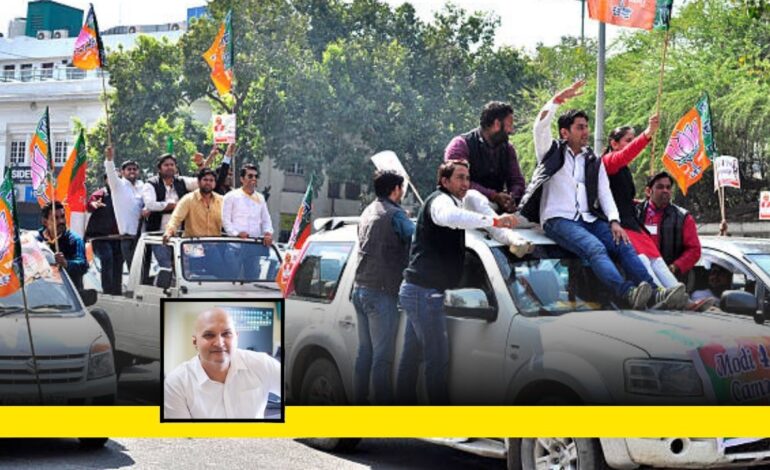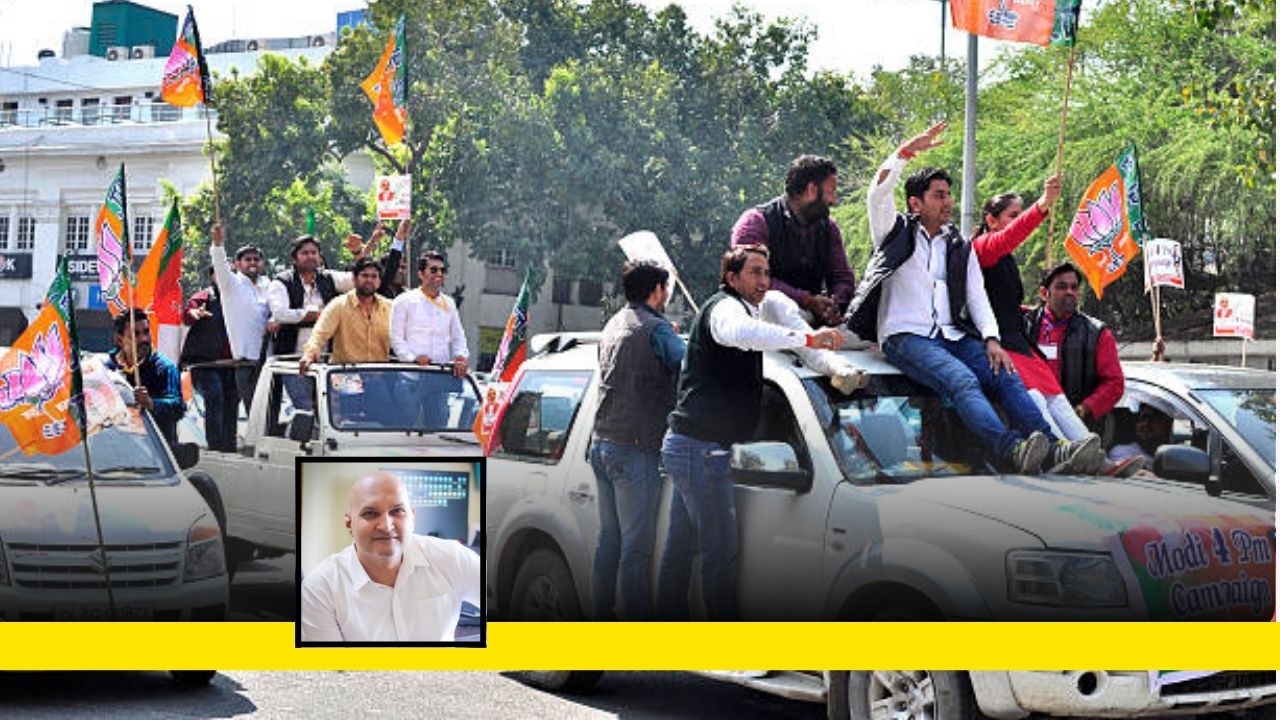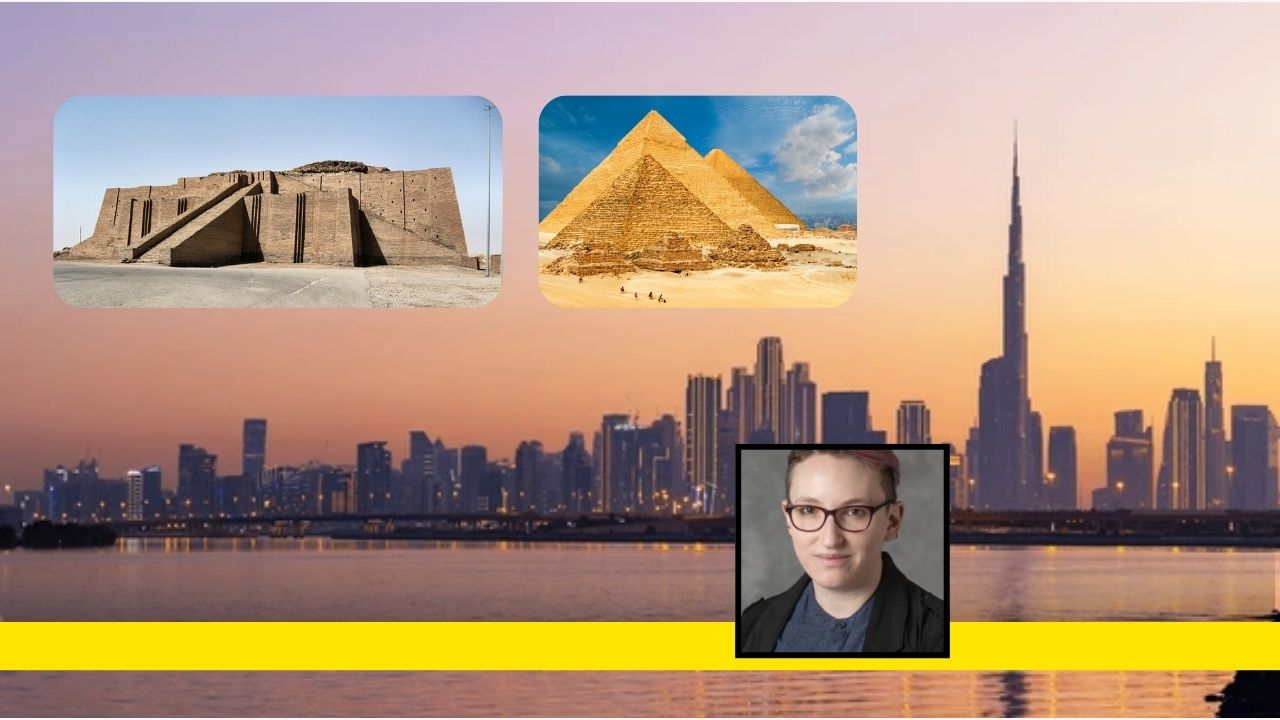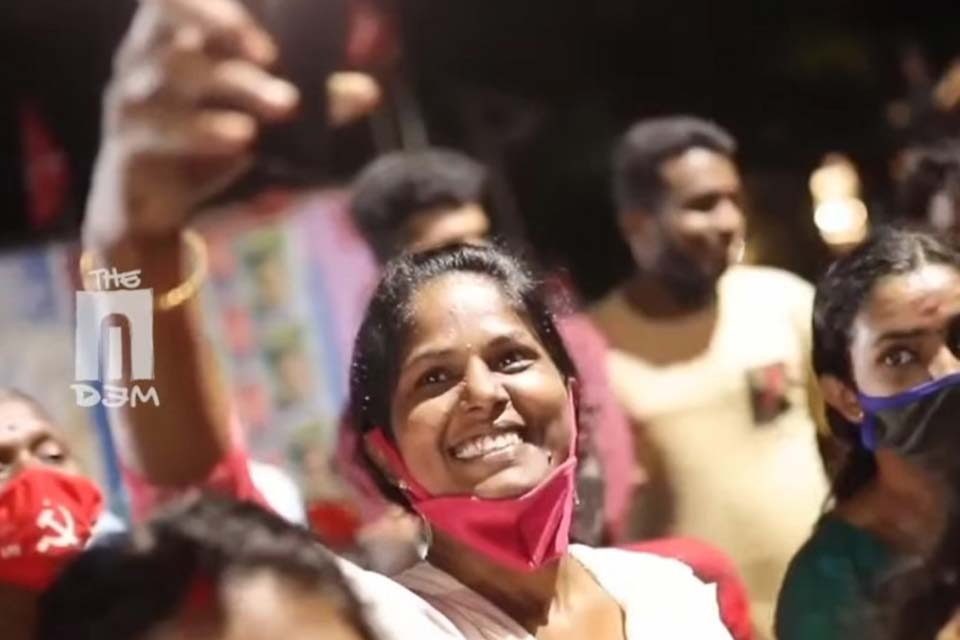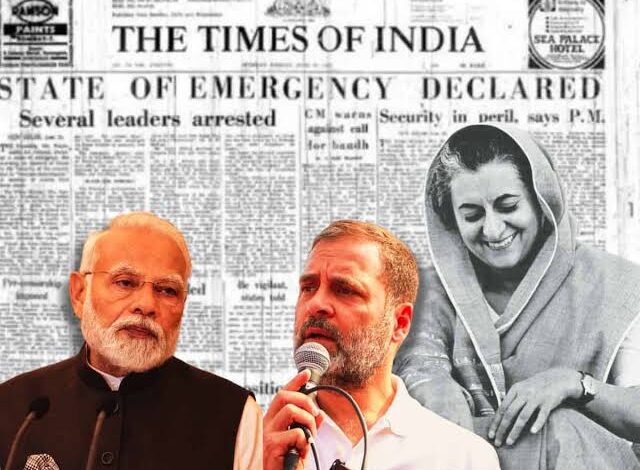
The Rashtriya Swayamsevak Sangh (RSS), as a Hindutva Gurukul (university) specialises in training cadres in speaking falsehoods and fabricating history. As the latest proof of this core propaganda push, we find that, on the 50th anniversary of the Emergency [1975-77 to 2025], every Tom, Dick, and Harry from the RSS enlightening Indians on how the RSS stood against the Emergency, how ‘valiantly its cadres challenged the dictatorial rule of Indira Gandhi and made great sacrifices during anti-Emergency movement.’ In its latest issue of the RSS (English) organ, the Organizer (June 24, 2025) presenting PM Modi as the singular symbol of the fight against Emergency has stated:
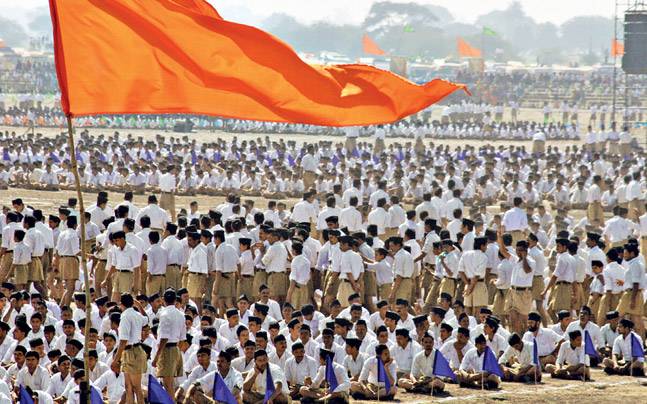
“The lesson had been burned into public memory. The Emergency became more than a chapter in history. It became a warning. For Narendra Modi, it was not just a past event. It was part of his personal journey. As Prime Minister, he has often reminded the nation of those dark times…It was about imprisoning free thought, art, and expression. That period left behind not just scars, but reminders. It taught us that freedom is earned, not gifted.” [i]
Let us take first, examine the claim that the RSS-BJP rulers are/have been committed to the liberal democratic values as a faith. The most prominent ideologue of the RSS, MS Golwalkar, also known as the ‘Guru of Hate’ [whom PM Modi credits for grooming him into a political leader] while addressing the 1350 top level cadres of the RSS in 1940 declared, “RSS inspired by one flag, one leader and one ideology is lighting the flame of Hindutva in each and every corner of this great land.”
With such a philosophical love for totalitarianism the RSS has, always hated sharing of power. Proponents of the Sangh have stood in strong opposition to the federal structure of the constitution, a ‘Basic’ feature of the India polity. Golwalkar declared in 1961, “Today’s federal form of government not only gives birth but also nourishes the feelings of separatism… It must be completely uprooted, constitution purified, and unitary form of government be established.” [iii]
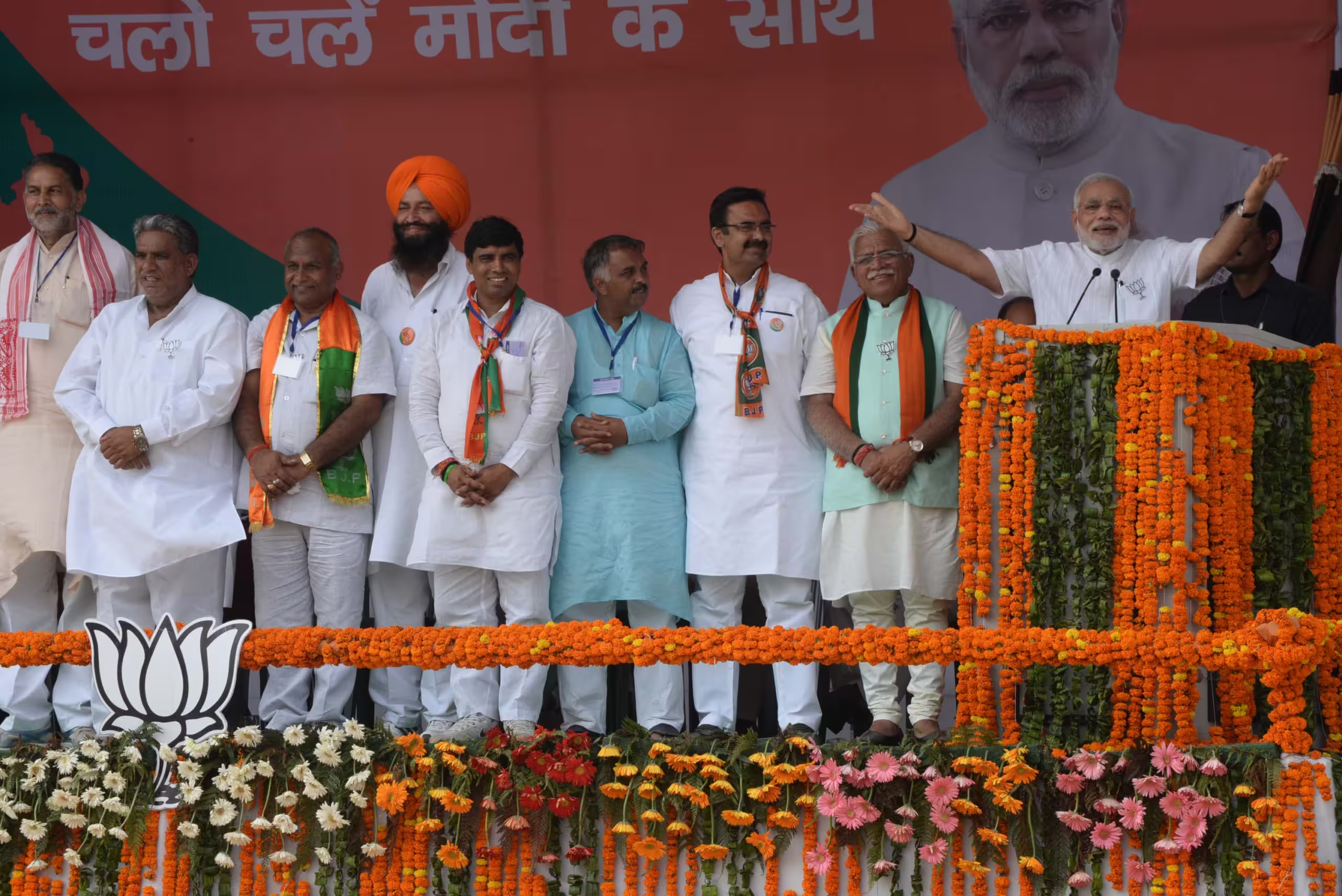
So far as the formally declared Emergency is concerned, the RSS claim of fighting against it needs to be evaluated in the light of contemporary narratives including documents from RSS archives. In this connection, two narratives one by a veteran thinker and journalist of India, Prabhash Joshi and the other by TV Rajeswar, former Intelligence Bureau [IB] chief who was the deputy chief of IB during the Emergency are of immense importance. They recounted the days of the Emergency (or state terrorism) when the RSS ‘surrendered to the repressive regime of Indira Gandhi’, ‘assured her and her son, Sanjay Gandhi to enforce faithfully the draconian 20-point programme announced by the Emergency regime.’ In fact, a large number of RSS cadres got themselves released from jails after mercy petitions (maafinaamas).
The account by veteran journalist, Prabhash Joshi appeared in the English weekly Tehelka n the 25th anniversary of the Emergency. [iv] According to him even during the Emergency “there was always a lurking sense of suspicion, a distance, and a discreet lack of trust” about RSS’ joining the anti-Emergency struggle. He went on to say that,
“Balasaheb Deoras, then RSS chief, wrote a letter to Indira Gandhi pledging to help implement the notorious 20-point programme of Sanjay Gandhi. This is the real character of the RSS…You can decipher a line of action, a pattern. Even during the Emergency, many among the RSS and Jana Sangh who came out of the jails, gave mafinamas. They were the first to apologize. Only their leaders remained in jail: Atal Behari Vajpayee [most of the time in hospital], LK Advani, even Arun Jaitley. But the RSS did not fight the Emergency. So why is the BJP trying to appropriate that memory?”

Prabhash Joshi concluded that “they are not a fighting force, and they are never keen to fight. They are basically a compromising lot. They are never genuinely against the government”.
TV Rajeswar, who served as Governor of Uttar Pradesh and Sikkim penned a book, ‘India: The Crucial Years” [Harper Collins] corroborated the fact that “Not only they (RSS) were supportive of this [Emergency], they wanted to establish contact apart from Mrs. Gandhi, with Sanjay Gandhi also”. [v] Rajeswar in an interview with Karan Thapar disclosed that Deoras,
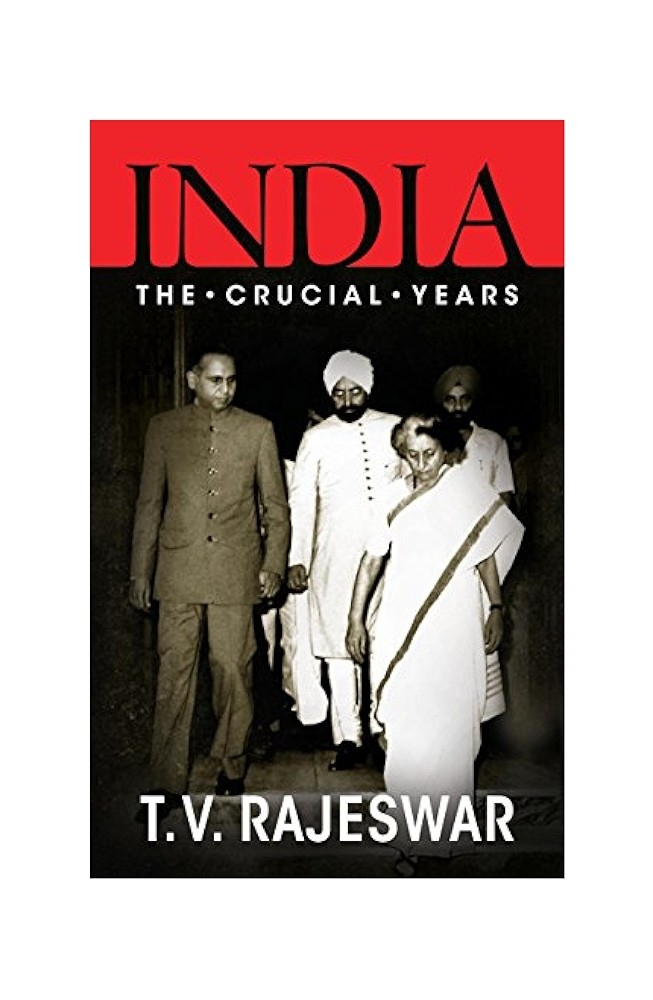
“Quietly established a link with the PM’s house and expressed strong support for several steps taken to enforce order and discipline in the country. Deoras was keen to meet Mrs. Gandhi and Sanjay. But Mrs. Gandhi refused.” [vi]
According to Rajeswar’s book, “Sanjay Gandhi’s concerted drive to enforce family planning, particularly among Muslims, had earned Deoras’s approbation.” [vii] Rajeswar also shared the fact that even after Emergency the “organization (RSS) had specifically conveyed its support to the Congress in the post-emergency elections.” [viii] It will be interesting to note that even according to Subramanian Swamy during the Emergency period, most of the senior leaders of RSS had betrayed the struggle against the Emergency. [ix]
Contemporary documents in the archives of the RSS validate the narratives of Prabhash Joshi and Rajeswar. The 3rd Supremo of RSS, Madhukar Dattatraya Deoras wrote the first letter to Indira Gandhi within two months of the imposition of Emergency. It was the time when state terror was running amok, crushing the human rights of thousands of Indians.
In letter dated August 22, 1975, Deoras began with the following praise of Indira:
“I heard your address to the nation which you delivered on August 15, 1975, from Red Fort on radio in jail [Yervada jail] with attention. Your address was timely and balanced so I decided to write to you”. [x]
Indira Gandhi did not respond to it. So Deoras wrote another letter to Indira on November 10, 1975. He began his letter with congratulating her on being cleared by the Supreme Court of disqualification which was ordered by the Allahabad High Court,
“All the five Justices of the Supreme Court have declared your election constitutional, heartiest greetings for it.” It is to be noted that opposition was firmly of the opinion that this judgment was reflective of executive pressure on the judiciary. Deoras also stated that “RSS has been named in context of Jaiprakash Narayan’s movement. The government has also connected RSS with Gujarat movement and Bihar movement without any reason…Sangh has no relation with these movements…” [xi]
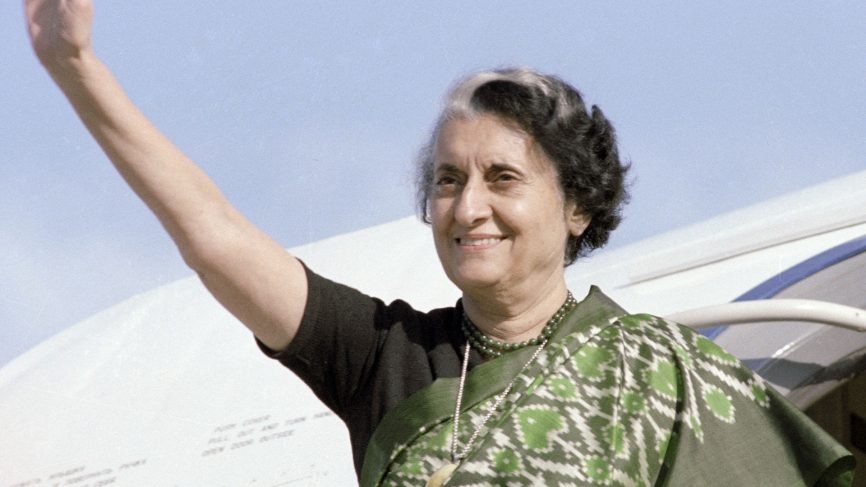
Since Indira Gandhi did not respond to this letter either, RSS chief got hold of Vinoba Bhave who supported the Emergency religiously and was a favourite of Indira Gandhi. In a letter dated January 12, 1976, he begged that Acharya should suggest the way that ban on RSS was removed. [xii] Since Acharya too did not respond to Deoras letter, the latter in another letter without date wrote in desperation,
“According to press reports respected PM [Indira Gandhi] is going to meet you at Pavnar Ashram on January 24. At that time there will be discussion about the present condition of the country. I beg you to try to remove the wrong assumptions of PM about RSS so that ban on RSS is lifted and RSS members are released from jails. We are looking forward for the times when RSS and its members are able to contribute to the plans of progress which are being run in all the fields under the leadership of PM.” [xiii]
[All these letters in Hindi are being reproduced from a publication of the RSS at the end of this article.]
Even a prominent Hindutva ideologue Balraj Madhok who as an RSS whole-timer founded Bhartiya Jana Sangh (1951) on RSS command confessed:
“Sarsanghchalak of the Sangh Shri Bal Saheb Deoras was a MISA prisoner in Pune’s Yervada Jail…his life was full of comforts. Therefore, he wrote two letters to the jailed Indira Gandhi on 22-08-1975 and 10-11-1975 to change her attitude towards the Sangh and lift the ban on it. He also wrote a letter to Shri Vinoba Bhave and requested him to try to remove the feeling of opposition towards the Sangh from Indira Gandhi’s mind. These letters were leaked by the government and they were published in many newspapers. This naturally had an adverse effect on the morale of the Sangh volunteers and the Satyagraha movement became almost dead.” [Madhok, Balraj, Zindagi Ka Safar –3: Deendayal Upadhyay Ki Hatya Se Indira Gandhi Ki Hatya Tak (Journey of Life-3: From the Murder of Deendayal Upadhyay to the Murder of Indira Gandhi), Dinman Prakashan, 2003, pp. 188-189.]
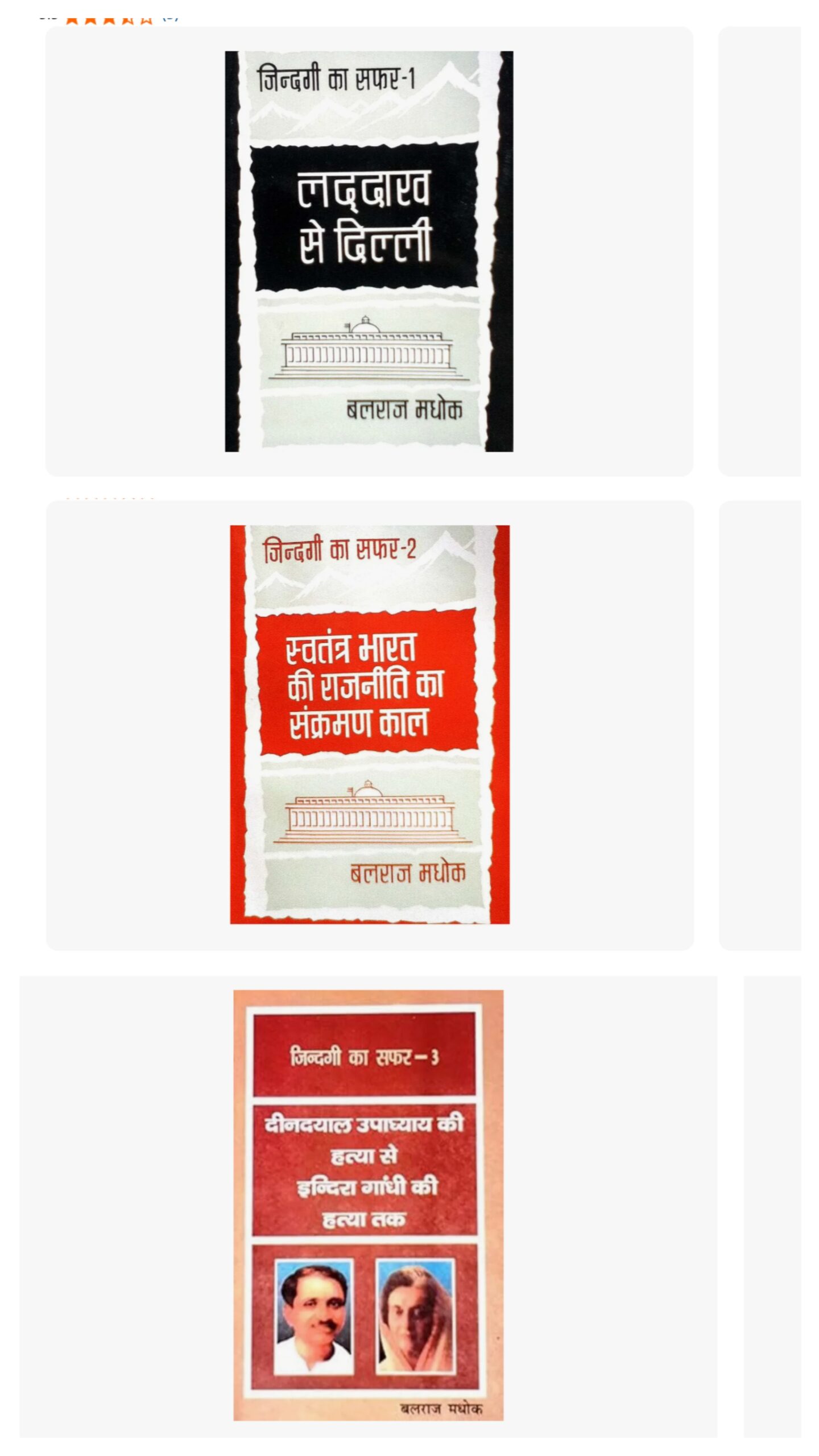
Incidentally, another tidbit from history. Former President of the Indian Republic, Pranab Mukherjee was invited by the RSS chief, Mohan Bhagwat as the chief guest of the graduation ceremony of its new recruits who are fired to work towards their goal to convert India into a Hindu state. Pranab Mukherjee had been indicted as one of the top leaders of Congress for Emergency excesses.
It is shameful that despite these facts thousands of RSS cadres continue to get monthly pension for the persecution during Emergency. The BJP ruled states like Gujarat, Madhya Pradesh, Rajasthan and Maharashtra have decided to award a monthly pension of Rs 20,000 to those who were jailed during the Emergency period for less than 2 months, and Rs 10,000 to those who were jailed for less than a month. These policy decisions by RSS-backed BJP states have taken care of the financial interest of those RSS cadres who (even) submitted mercy letters completing only one- or two-months’ jail term. For securing such a significant amount in pension, no condition was applied –to the effect that the beneficiary should have been in jail for the whole period of the Emergency!
Interestingly, in sharp contrast, in the case of anti-colonial (British) freedom struggle there has not been even a single person from RSS cadres to have claimed the freedom fighter pension. It may be noted that nobody remembers hundreds of Communist youths, branded as Naxals killed in fake encounters during the Emergency. Interestingly, Shiv Sena, the Hindutva co-traveller of the RSS also openly supported the Emergency.
Tavleen Singh, a senior journalist who had once welcomed Modi’s ascendancy to power in 2014 did not mince words while evaluating Indian democracy on the 50th anniversary of declaration of Emergency,
“Brutal repression of democratic rights can happen again, and the answer is that it can, but in a more dangerously subtle way. There are those who say that since Narendra Modi became prime minister, an ‘undeclared emergency’ has come into force. I hesitate to make sweeping judgements of that kind, but what has happened is that some freedoms we took for granted have become endangered. This has been done not by throwing Opposition leaders, journalists and dissidents into jail, but by tweaking the laws to make curbs on freedom legally possible.
“The law that is supposed to prevent sedition has been tweaked to widen the definition of that word. Laws meant to curb black money have been tweaked as well and if a dissident does not end up in jail for ‘anti-national activities’, he could end up rotting in some forgotten cell because the Enforcement Directorate charges him with money laundering. The Opposition leaders who have these charges thrown at them have fought back valiantly because they have political parties behind them, but dissidents and journalists have just learned to keep quiet. Is that good? Is that democracy?”

So, writing on the wall is clear. India had Emergency imposed using some Articles of the Indian constitution and same was rescinded. Presently without Indira Gandhi and Congress government we have perpetual ‘undeclared’ Emergency under Modi rule. It needs not to be withdrawn as was never declared!
References
[i] ‘National Emergency 1975: The murder of the Indian republic on June 25, https://organiser.org/2025/06/24/298840/bharat/national-emergency-1975-the-murder-of-the-indian-republic-on-june-25/
[ii] Golwalkar, MS, Shri Guruji Samagar Darshan (collected works of Golwalkar in Hindi), Bhartiya Vichar Sadhna, Nagpur, nd., vol. I, p. 11.
[iii] Ibid. vol. III, p. 128.
[iv] http://archive.tehelka.com/story_main13.asp?filename=op070205And_Not_Even.asp
[v] https://www.indiatoday.in/india/story/rss-backed-indira-gandhis-emergency-ex-ib-chief-264127-2015-09-21
[vi] Ibid.
[vii] https://indianexpress.com/article/india/india-others/ib-ex-chiefs-book-rss-chief-deoras-had-backed-some-emergency-moves/
[viii] https://timesofindia.indiatimes.com/india/RSS-backed-Emergency-reveals-former-IB chief/articleshow/49052143.cms
[ix] https://medium.com/@hindu.nationalist1/double-game-of-senior-rss-leaders-during-emergency-74abc07a4fa8
[x] Madhukar Dattatraya Deoras, Hindu Sangathan aur Sattavaadi Rajneeti, Jagriti Prkashan, Noida, 1997, 270.
[xi] Ibid., 272-73
[xii] Ibid. 275-77
[xiii] Ibid. 278.
This article was originally published on SabrangIndia and can be read here.


